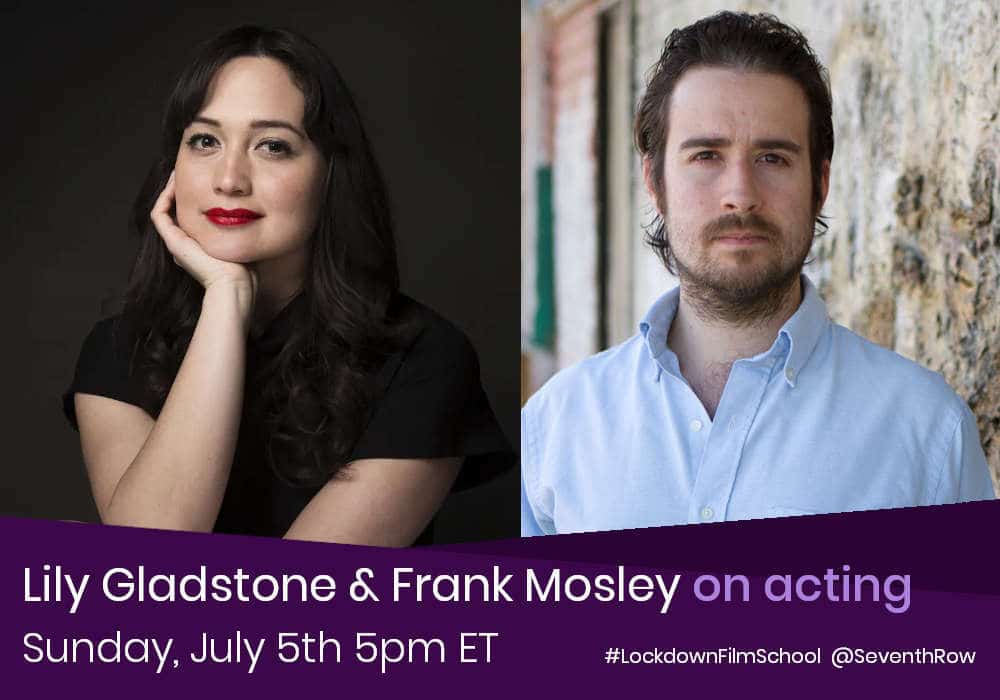Indie Memphis Film Festival 2020 showcased genre films (I Blame Society, Freeland), documentaries (Cane Fire), and restorations (Smooth Talk).
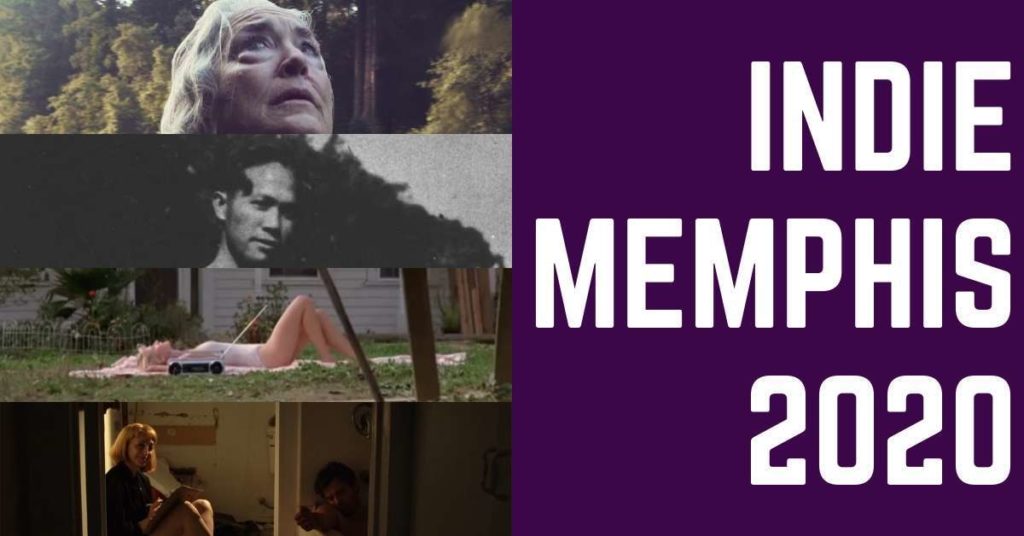
Over the years, I’ve heard whisperings about how great the programming is at the Indie Memphis Film Festival, although I never thought I’d actually be able to attend. Thanks to the recent migration of all our lives to the virtual world, Indie Memphis came to my home in South England this year, via my laptop. The festival hosted only a handful of big titles — One Night in Miami and Minari among them — so a lot of the films I saw were genuine discoveries. Here are four that I’d recommend checking out when they head near you.
I Blame Society (Gillian Horvat)
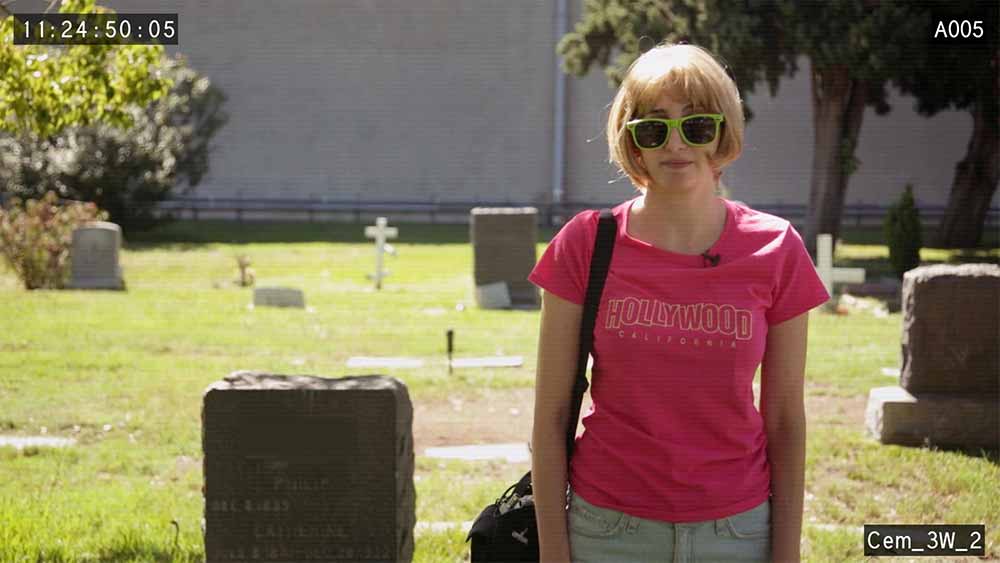
My favourite film of the festival was Gillian Horvat’s hilarious mockumentary, I Blame Society. It’s a bizarre film that will polarise audiences, but its wry, disjointed humour worked for me. Horvat stars as a fictionalised version of herself: a filmmaker who copes with her quarter-life crisis in an unexpected and violent way. After being told that the screenplay she’s put years of work into can’t be produced because it’s too political and the female lead is unlikeable, Gillian decides to make a low-to-no budget documentary about how she’d make a really good serial killer. Inevitably, her research into hypothetical ways to murder people turns into her attempting actual murder, and she realises she’s quite good at it, and even finds it fun.
Horvat’s odd performance is quite flat and monotone, which might seem off in any other film, but here, serves to make her character more amusingly unhinged. I still haven’t quite figured out what the film is about in a broad sense: is it a critique of narcissistic artists who’ll do anything to make a good film, or a take down of the gatekeepers who have driven this struggling female filmmaker to insanity? Or both? There’s some witty commentary on the film industry, e.g. when Gillian pitches herself to two thirtysomething male film execs who try desperately hard to seem woke but can’t pronounce the word ‘intersectionality’. There are a couple falters — the final line is a bit too on the nose — but this is one of the funniest films I’ve seen all year.
Cane Fire (Anthony Banua-Simon)
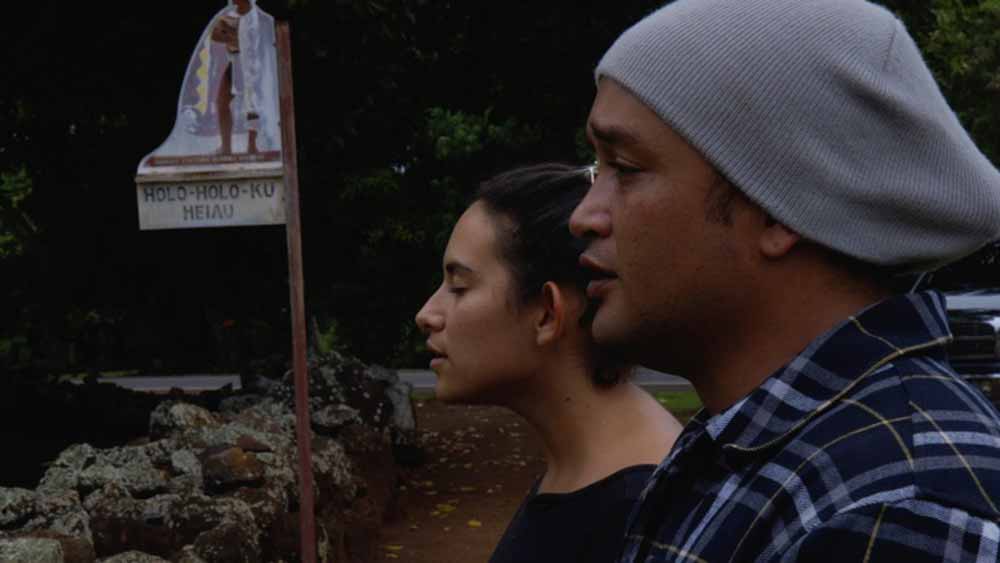
Cane Fire is an enlightening exploration of how the media has portrayed Indigenous communities vs. what the lives of those communities are actually like. Anthony Banua-Simon’s film, which is narrated by him, includes footage from dozens of film and TV productions that were shot on the Hawaiian island of Kauai. The first was the lost 1934 Lois Weber film, White Heat (or Cane Fire). Since White Heat, many productions have shot on the beautiful Kauai, from Elvis Presley’s Blue Hawaii to Adam Sandler’s Just Go With It, but most productions have cast the Indigenous and working-class residents as extras in their own stories.
Banua-Simon visits the island to interview family members and other Kauai residents, contrasting the day-to-day effects of colonisation and gentrification against footage of the island and its people from mainstream media. Banua-Simon contrasts clips from films about white people discovering the beauty of the island with footage of Indigenous activists campaigning for their land. He discusses through voiceover narration how the portrayal of the island as a haven in film and TV led to an increase in tourism, which created jobs for island residents but also turned their culture into a commodity. Banua-Simon states in voiceover that Hawaii is the most expensive US state for residential real estate, meaning many Indigenous and Asian residents of the island can’t afford their own homes.
Freeland (Mario Furloni, Kate McLean)
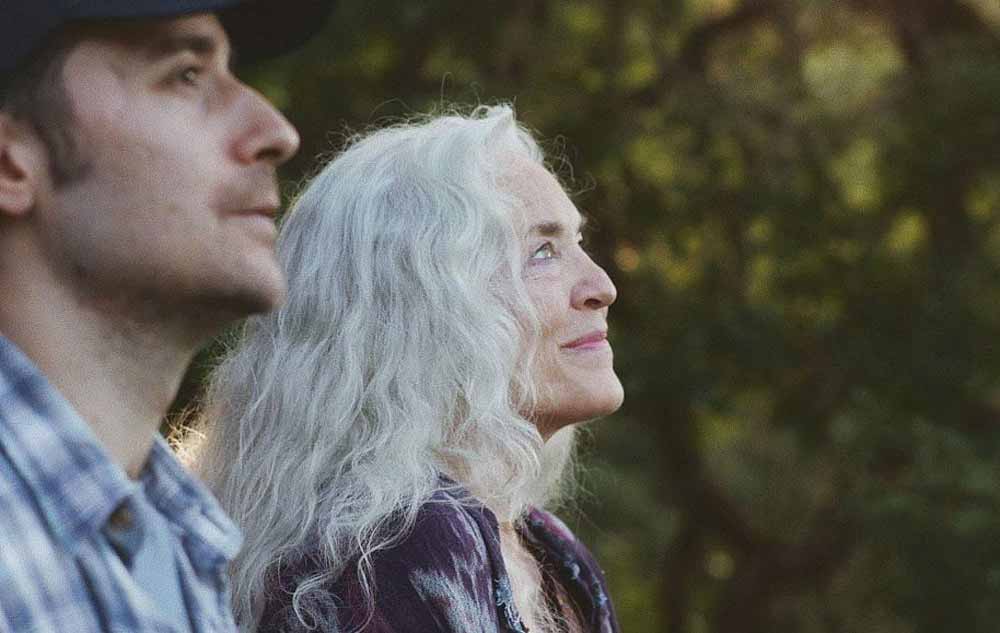
Fans of Trey Edward Schultz’s Krisha will be excited to see Krisha Fairchild returning to the big screen in a leading role with Freeland. As aging pot farmer Devi, who struggles to cope with the changes in her industry as marijuana starts to become legalised across the US, Fairchild is just as compelling as she was in Krisha.
The film also co-stars Lily Gladstone (Certain Women) and Frank Mosley (Some Beasts) as employees on Devi’s farm, and the depth they bring to these supporting parts adds richness to the film’s world. We interviewed Gladstone and Mosley about their collaboration earlier this year for our Lockdown Film School series; since Freeland, they’ve become fast friends and frequent collaborators, and that camaraderie is evident on screen between the two of them and the rest of the cast.
Freeland is at its strongest in early scenes when we see Devi and her employees work together and then smoke and chat after their shifts. The patter between the actors is effortless and natural; they invite us into a world that feels lived in. It’s intriguing to watch these relationships start to twist and strain in the wake of economic uncertainty, although the more the film lurched into genre territory, the more it lost its grip on me.
Smooth Talk (Joyce Chopra)
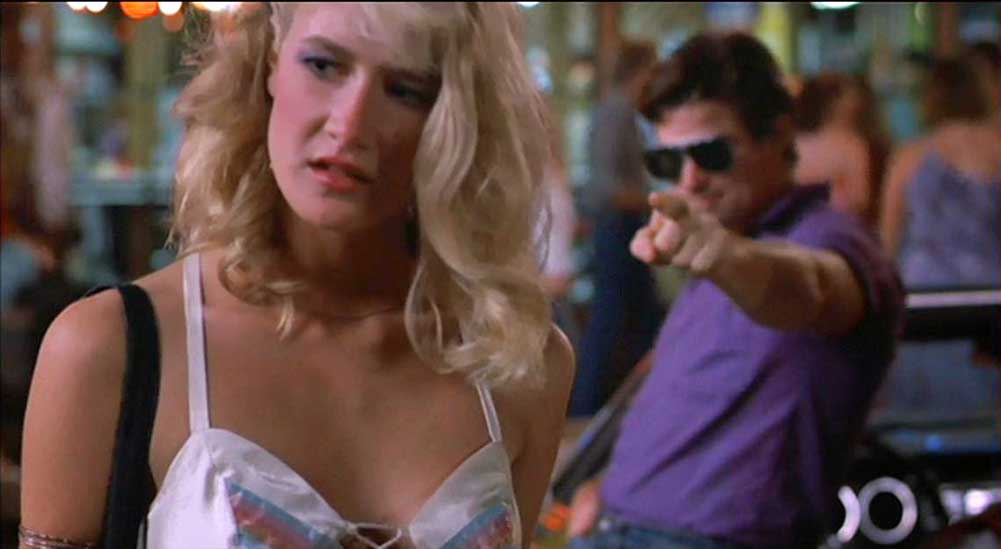
I’ve wanted to watch Joyce Chopra’s Smooth Talk for years, because like most people with eyes and hearts, I’m a huge Laura Dern fan; I was fascinated to see this film that she shot when she was just 17. Smooth Talk, now celebrating its 35th anniversary with a new restoration, starts out as your standard teen drama about burgeoning sexuality. Connie (Dern) is a small-town girl who doesn’t get on with her mom and is beginning to flirt with the daunting (but exciting) world of boys and sex. The film does an amazing job at visualising teenage ennui and loneliness: the image of Connie wandering idly through the hallway of her home, purposely bumping into the wall every few steps, as if venting her pent up frustration, has particularly stuck with me. I’m not sure how I feel about the sharp right turn Smooth Talk takes in its final act though. It felt weirdly like the film was demonising Connie’s sexual desire, even though, up until that point, Chopra had done such a good job of creating empathy for her.
You could be missing out on films like these at film festivals near you.
Subscribe to the Seventh Row newsletter to stay in the know.
Subscribers to our FREE newsletter get an email every Friday which details some of the best new streaming options in Canada, the US, and the UK.
Click here to subscribe to the Seventh Row newsletter.
